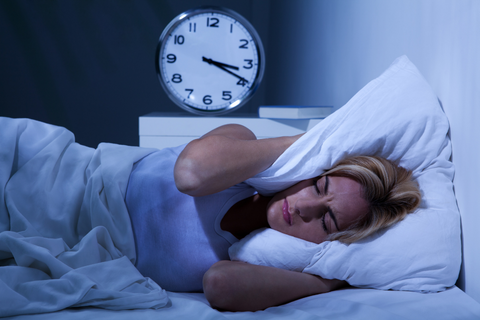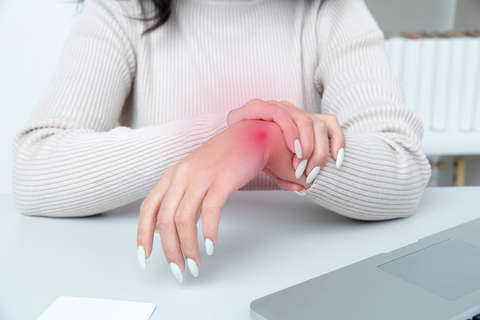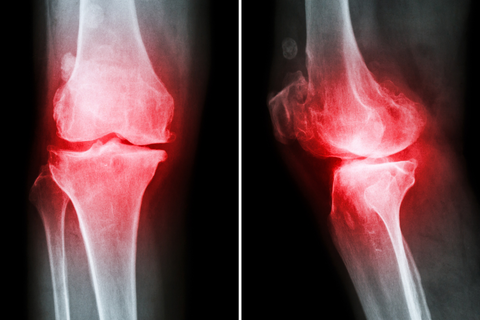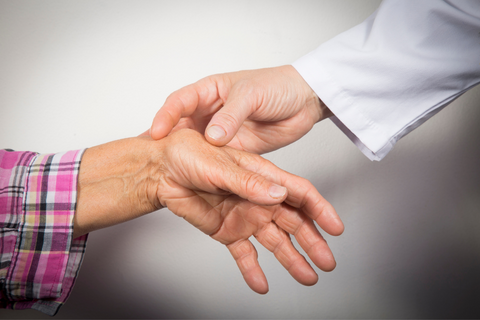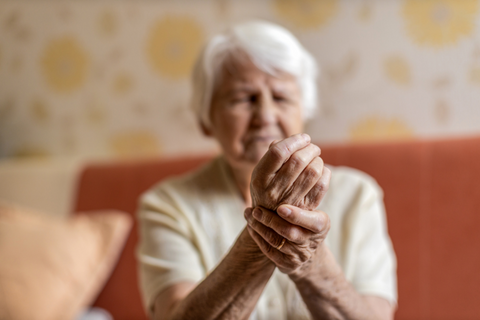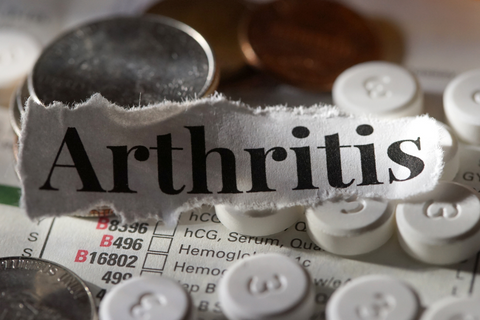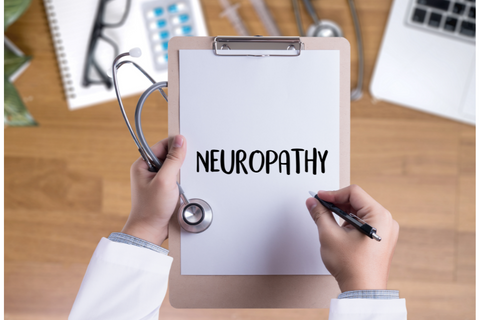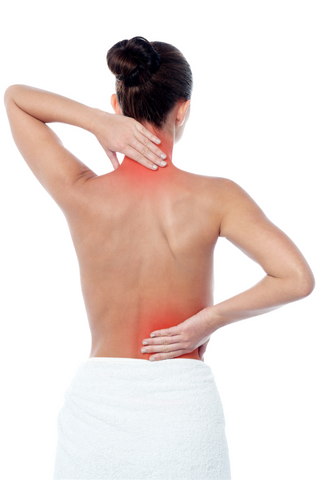Behaviour modification is the first step in treating winter insomnia. Breaking habits that may contribute to the problem is the best way to go. Here are some Tips to Treat Winter Insomnia: Do not eat a large meal before bedtime. Get plenty of exercise. Regular activity improves quality of sleep. Keep your bedtime and wake timeRead more ⟶
Category: Information
Is Winter Worse on your joints?
Those who suffer from arthritis, whether inflammatory or not, have probably noticed their joints getting crankier as the weather turns colder. But why are arthritis symptoms worse during the winter? “Our joints operate best in temperate weather,” says Dr. Mariko L. Ishimori, Interim Director at the Cedars-Sinai Division of Rheumatology. “When the weather gets cooler, the synovial fluid thatRead more ⟶
Arthritis, what is it?
Arthritis is a common condition that causes pain and inflammation in a joint. In the UK, more than 10 million people have it or other, similar conditions that affect the joints. Osteoarthritis and Rheumatoid-arthritis are the 2 most common types of arthritis. Osteoarthritis is the most common type in the UK, affecting nearly 9 millionRead more ⟶
Osteoarthritis
Osteoarthritis is the most common type of arthritis in the UK, affecting nearly 9 million people. It most often develops in people in their mid-40s or older. It’s also more common in women and people with a family history of the condition. But it can occur at any age as a result of an injuryRead more ⟶
Rheumatoid arthritis
In the UK, rheumatoid arthritis affects more than 400,000 people. It often starts when a person is between 40 and 50 years old. Women are 3 times more likely to be affected than men. In rheumatoid arthritis, the body’s immune system targets affected joints, which leads to pain and swelling. The outer covering (synovium) ofRead more ⟶
Symptoms of arthritis?
There are lots of different types of arthritis. The symptoms you experience will vary depending on the type you have. This is why it’s important to have an accurate diagnosis if you have: Joint pain, tenderness and stiffness Inflammation in and around the joints Restricted movement of the joints Warm red skin over the affectedRead more ⟶
What are some typical symptoms of pain conditions?
Symptoms vary on the specific type of pain condition, a person may suffer from: Reduction in quality of life Low mood Sleep disruption, fatigue and insomnia Loss of appetite Stress and anxiety Tremors or spasticity These symptoms can come and go in periods known as relapses and flare-ups. Flare-ups are when symptoms are particularly severe,Read more ⟶
Treatments for arthritis
There’s no cure for arthritis, but there are many treatments that can help slow it down. Osteoarthritis treatments include lifestyle changes, medicines and surgery. Treatment for rheumatoid arthritis aims to slow the condition’s progress and minimise joint inflammation. This helps prevent joint damage. Treatments include medication, physiotherapy and surgery.
What is Peripheral neuropathy?
Peripheral neuropathy develops when nerves in the body’s extremities, such as the hands, feet and arms, are damaged. The symptoms depend on which nerves are affected. In the UK it’s estimated almost 1 in 10 people aged 55 or over are affected by peripheral neuropathy. The main symptoms of peripheral neuropathy can include: Numbness andRead more ⟶
Causes of peripheral neuropathy
In the UK diabetes (both type 1 and type 2) is the most common cause of peripheral neuropathy. Over time, the high blood sugar levels associated with diabetes can damage the nerves. This type of nerve damage is known as diabetic polyneuropathy. Peripheral neuropathy can also have a wide range of other causes. For example,Read more ⟶

